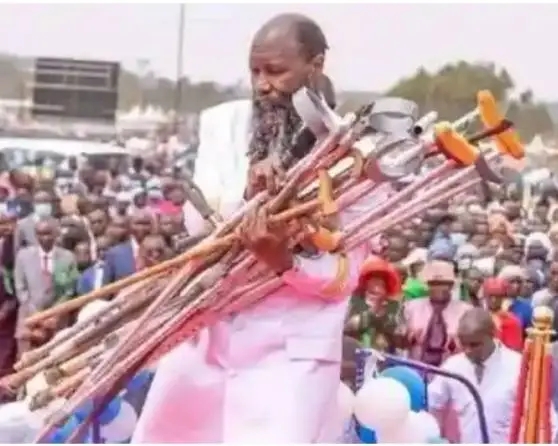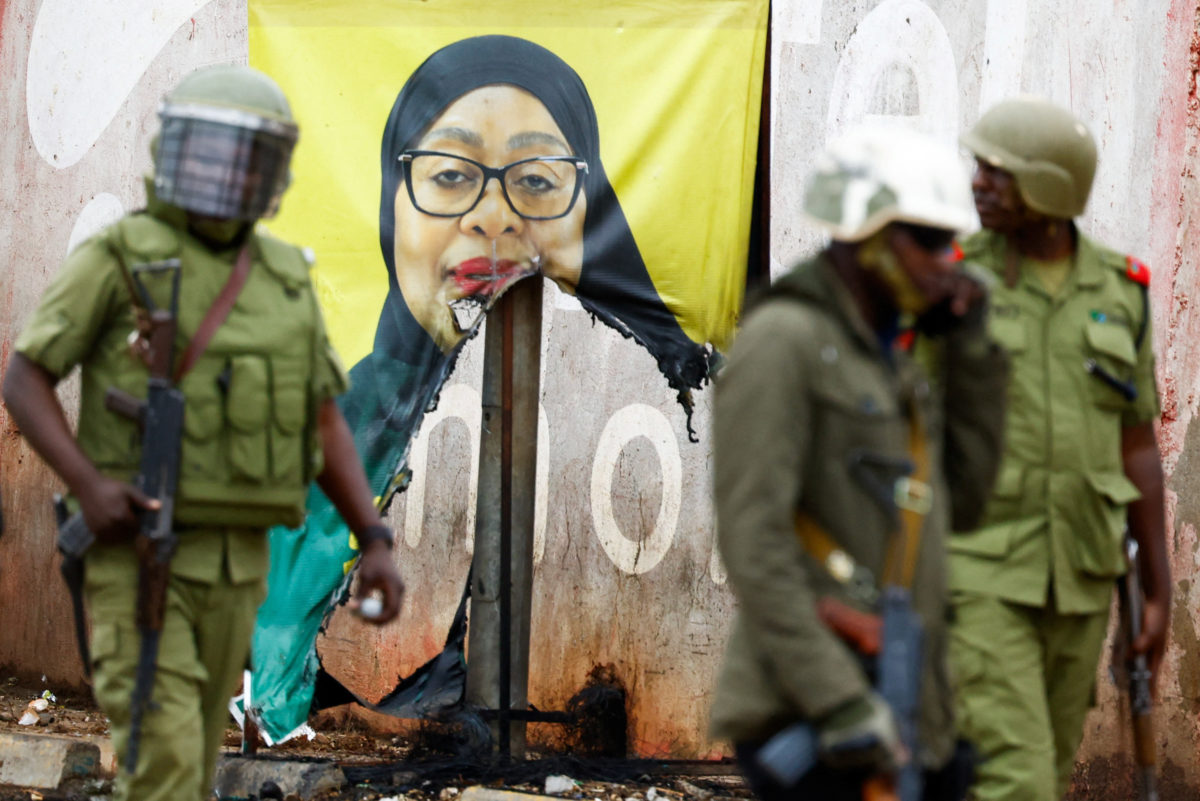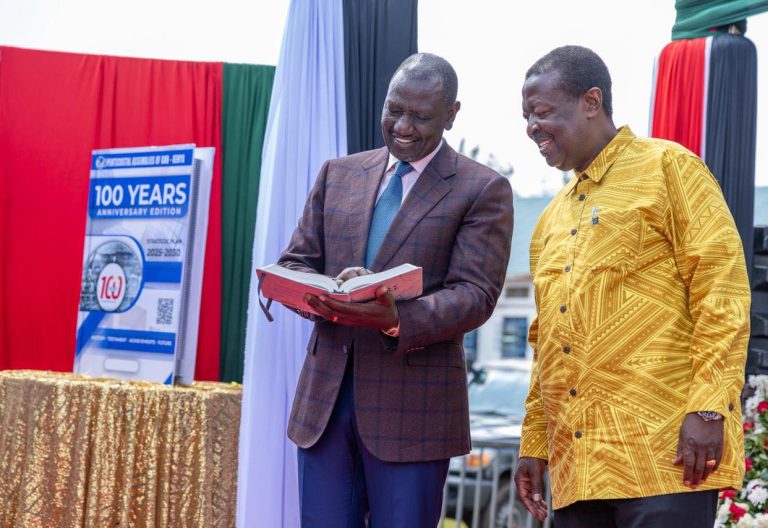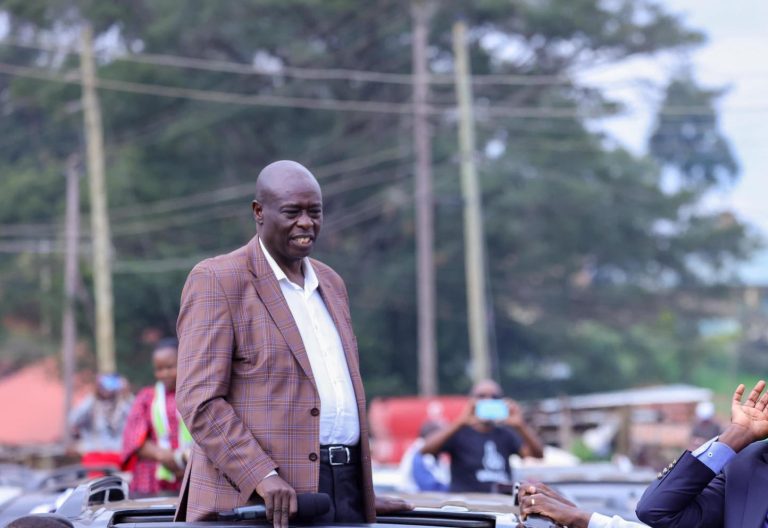
The Kenyan government is pushing a new bill that would impose tough penalties — up to Sh5 million in fines or 10 years in prison — for persons convicted of offences such as “fake miracles”, extortion and extremism. Here’s a breakdown of what’s going on — and what it could mean.
What the Bill Proposes.
The reported proposal would criminalise certain fraudulent or abusive religious- or belief-based practices, including claiming miracles, healing powers or supernatural interventions that are false, and extorting people in the name of faith or miracles.
It would also cover acts of extremism allied to these practices — likely meaning extremist ideologies propagated under the guise of religion or miraculous claims. The maximum penalty cited: a fine of Sh5 million (approx USD 35 000) or up to 10 years in jail.
The bill is part of broader “drastic measures” the government is planning to curb abuse in faith-based sectors and protect vulnerable persons from exploitation.
There are several driving factors behind this new legislative push:Exploitation of Faith: Reports have surfed of unscrupulous individuals claiming divine powers, “miracles”, healings etc, then soliciting large sums or abusing vulnerable believers.
The government considers such acts as deceit, extortion and societal harm.Extremism & Radicalisation: Some extremist groups exploit religious or miraculous language to recruit, radicalise or radicalise vulnerable populations.
This bill signals an attempt to clamp down on that. Public Protection & Accountability: The aim is to hold faith-leaders or individuals accountable when their practices cross into criminality (fraud, extortion, coercion) rather than mere religious expression.
Regulatory Vacuum: Many faith-based practices are loosely regulated. By introducing a clear legal framework, the government hopes to fill that gap.
Key Implications.
Faith leaders and ministries under scrutiny: Past practices that were considered mere “preaching” may now become actionable offences if they involve false miracle claims combined with solicitation of money, coercion or harm.
Defining “fake miracles” and “extremism” will matter: A big question is how “fake miracle” or “extremism” is defined in the bill. Will it require proof of intent to defraud?
Will it target specific faiths or be neutral?Potential impact on freedom of religion: While the intent is protective, there is a risk of chilling genuine religious expression or healing ministries.
Careful drafting and safeguards will be essential.Enforcement challenges: Investigating “miracle” claims, proving extortion or extremist links may be complex. Will the government equip agencies to enforce the law fairly?
Public awareness and vulnerability: The most vulnerable believers — in rural areas or with low education — may both be protected and also offended if they feel their faith is under attack. Education campaigns will be necessary.
What the Bill Doesn’t Yet Clarify.
The exact definitions of “miracle”, “false miracle”, “extremism” under the proposed law.Whether the law will apply to all religious groups equally or target only certain practices.
How the fines will be imposed — individually or on the organisation.Whether there will be tiers of offences (e.g., first-time offence lesser penalty) or mandatory minimum punishments.
How the proposed law will interplay with existing legislation such as the Penal Code (Cap. 63) or the Prevention of Terrorism Act. For example, the Penal Code covers fraud, extortion, etc.
Why This Matters for Kenya.
Kenya has a large and growing faith-based sector, including charismatic ministries, healing centres, and informal religious networks. Misuse of faith for financial gain or coercion has been flagged repeatedly.
The move signals the government’s acknowledgement that faith exploitation, extortion and radical narratives are not just religious issues but national ones — affecting social cohesion, public order and citizen welfare.
For believers, religious organisations and the public, the bill serves as a reminder that faith practices intersect with law, especially when money, health, coercion or ideological extremes are involved.






